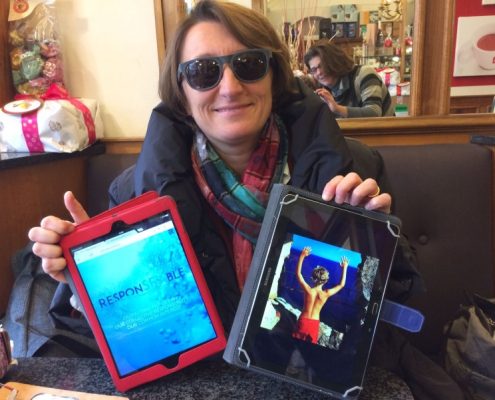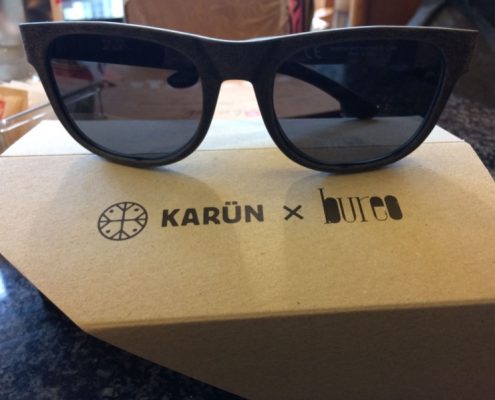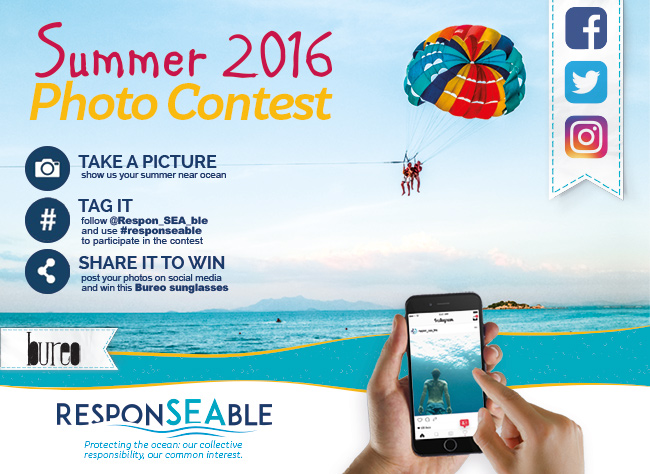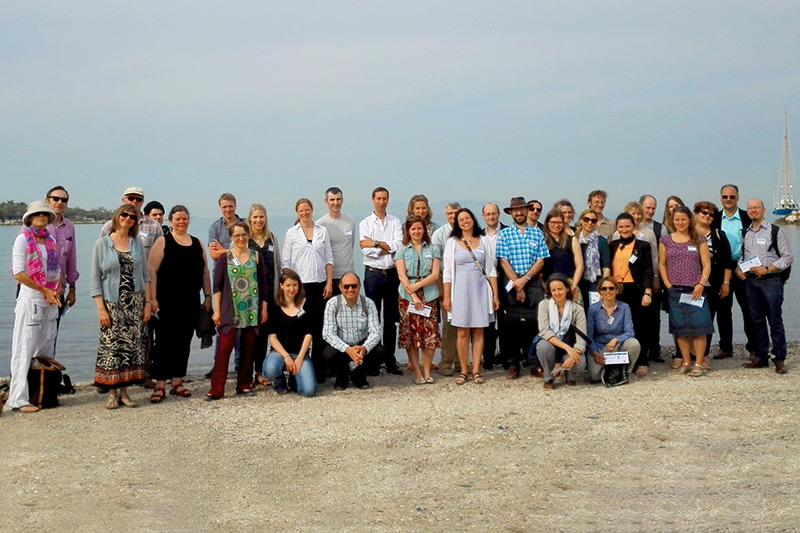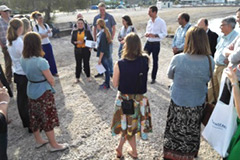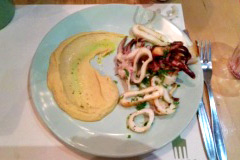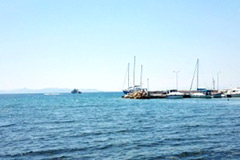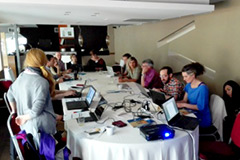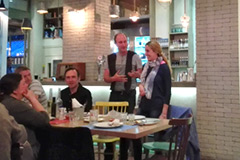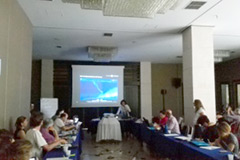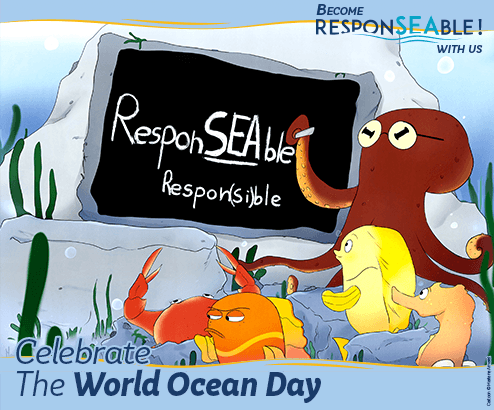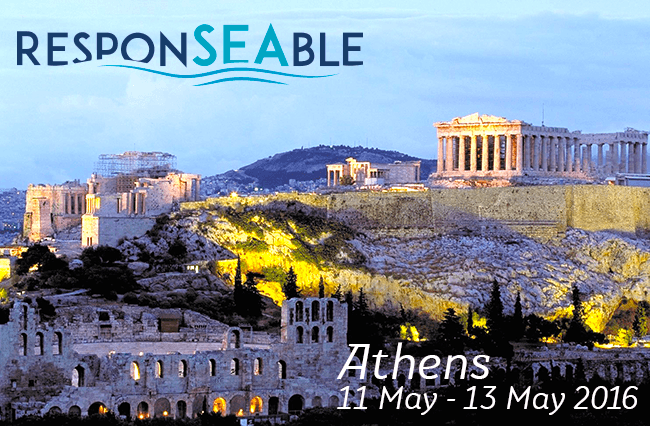The Jurmala Dialogue – Building Ocean Literacy
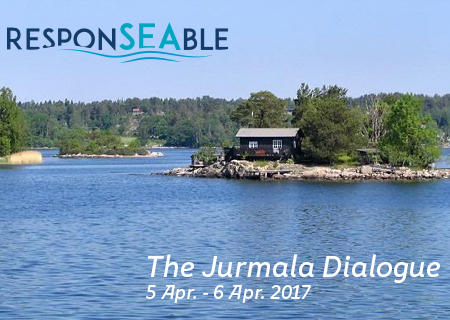
Building Ocean Literacy – The ResponSEAble way
Connecting people to the ocean
Jurmala, Latvia
April 5 – 6, 2017
The Jurmala Dialogue is an interactive workshop that will bring together people with knowledge about the oceans from a number of spheres to help us answer the three basic questions – and fill knowledge gaps.
We’re looking for contributions from those who
- Work actively with those stakeholders that are depending on the sea and marine ecosystems for their living
- Have an economic interest in maintaining healthy marine ecosystems through technology development, innovation, supply to industry, etc.
- Implement policies, strategies and projects to protect marine ecosystems or promote sustainable practices to reduce pollution, protect marine species, halt the destruction of marine habitats, etc.
- Develop education and other literacy activities to raise awareness about the importance of our oceans to society and promote sustainable practices to ensure healthy marine ecosystems
- Broadcast about the ocean at any media channel or utilise and visualise knowledge on the ocean for communication and professional, even artistic expression.
Why the Jurmala Dialogue is important
We want your feedback on our approach to knowledge, actors in the value chain and perception of the knowledge. We also need you to share your experience and knowledge on ocean literacy. This mutual experience exchange will contribute to EU debates on how to make literacy more effective so it supports positive changes in behaviour and contributes to sustainable production and consumption of goods, services and knowledge that benefit the ocean.
During the workshop you will have access to the experience and views of professionals, stakeholders and policy makers from the marine, socio-economic, literacy and communication communities. Based on your knowledge and experience, you can help identify ways to expand Europeans’ understanding of why the oceans are important.
What will be discussed
- 1-the current state of our seas and identify activities putting pressure on, and/or benefiting from, marine ecosystems;
- 2-the organization of “value chains” of consumer, retailer or industrial activities that put pressure on marine ecosystems – and the opportunities that might exist within them to do things differently;
- 3-building ocean literacy through communications, awareness raising and other initiatives about the oceans for different audiences; and
- 4-looking at “blue growth”, what it means and how it might be managed sustainably.



